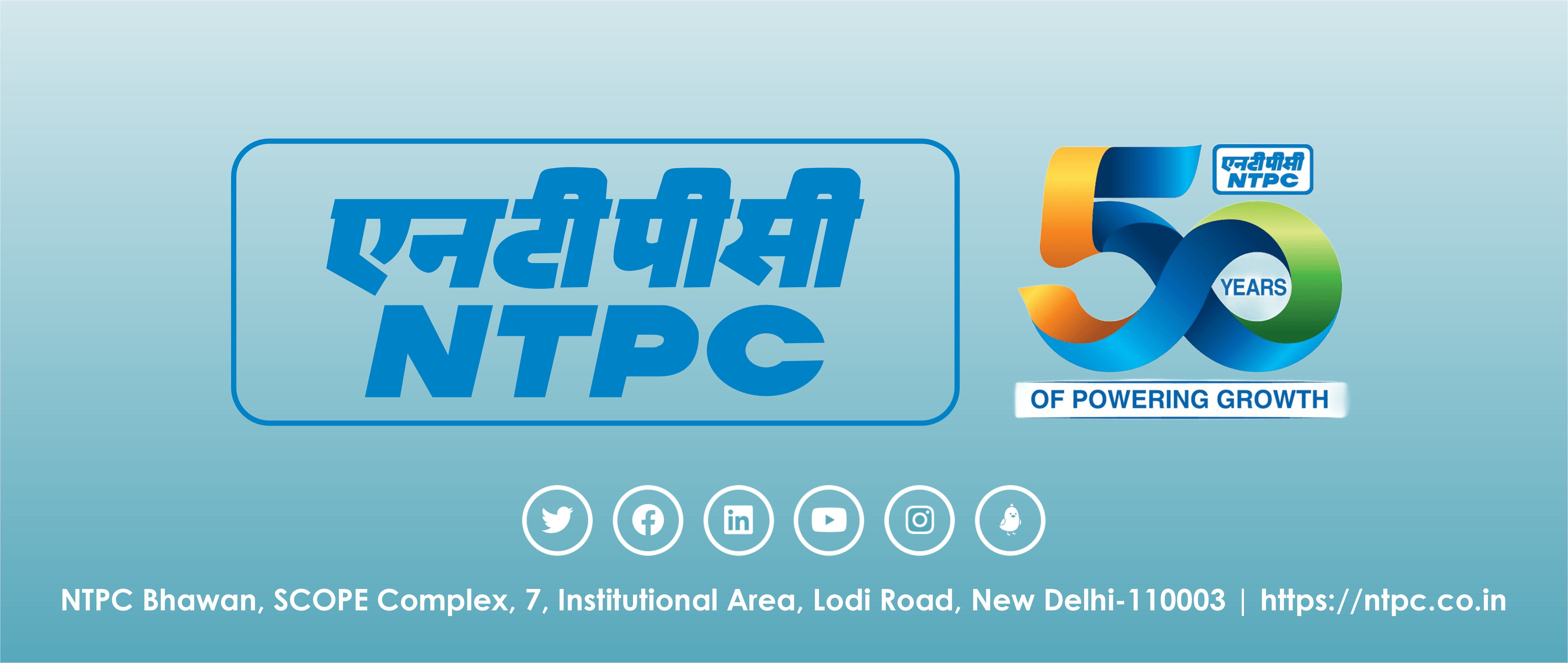TO RECIEVE EXCLUSIVE POSTS AND NEWS
Must Read
NaMo 2.0: Tackling core problems require fresh approach towards administration
By IndianMandarins- 08 Jun 2019
1893The survival and glory of the NaMo administration in its
second run will depend on its ability to resolve and harmonize a US$176 billion
question. This level of trade deficit, year after year, is not only
unsustainable but is absolutely lethal to the development of domestic industry,
enterprise, and skill. There is a direct link between high imports and loss of
jobs accompanied by the destruction of skill and degradation of educational and
industrial infrastructure. That's the reason why Trump's USA is engaged in
trade conflict with important countries of the world. Like Trump, NaMo, too,
can't ignore India's trade problems for far too long if he has to survive in
politics and find a place, indeed more than a footnote, in history. The good thing is that NaMo is seen to be aware of the
problem. So the first thing he did on assuming power this second term was to
immediately constitute two powerful political committees: one on accelerating
investment in infrastructure and manufacturing to generate more jobs and
another on speeding up training in industrial skills. While this initiative is
undoubtedly good, it may be better if he steps a move ahead and involves the
country's ethical business houses, and not the spent forces like those who are
seen straining the country's IBC laws with the help of cash-fat lawyers, with
the government initiative. The reason is after all the money for investment has
to come from these business houses on their own or in collaborations with
European, American, Japanese and East Asian capital including from Taiwan. While initiating measures for expanding and boosting India's
manufacturing base, the government may have to restrain its tendency to
disempower new and old entrepreneurs. It has been seen that the government does
it by imposing financial, tax, and volume restrictions on the industry. Such
past practices have ensured that manufacturers and suppliers can't avail of big
opportunities when they come their way. In brief, the focus should be on
turning the country a pivot in the global supply chain. This is what China did;
and that's the reason why a lot of global manufacturers, even if they wish to
move out immediately of China because of the latter's trade war with the US, they
can't because the supply chain that China has created in really
impressive. Andy Browne, Editorial Director of the Bloomberg New Economy,
has narrated an interesting anecdote in this regard. A French fashion designer
once described to him the pitfalls of quitting China. He moved his business to
Ho Chi Minh City, a haven for manufacturers fleeing China due to rising costs
and, more recently, the trade war. He had joined the exodus early. Browne writes: Rushing to assemble his first made-in-Vietnam
collection in time for the Spring Fashion Week in Paris, he (French fashion
designer)couldn't find stylish zippers, so he scrambled back to China to see
his old supplier and returned with two bulging suitcases. These were held up
for weeks by customs officials at Ho Chi Minh airport. Similar ordeals ensued
to get hold of lace, embroidery and fancy buttons". This anecdote has a moral for India. Since your customs and
tax officials are no better than their counterparts in third world countries,
if you want global capital to move to India fast, don't create a tax and Exim
regime to make them feel that they have jumped from the frying pan into the
fire. As the Vietnamese story reveals, migration of global capital to India
would be a process. And the government has to facilitate this process at every
stage - from small things to big things. Which means that NaMo has to reform
his administration. Can he do that? If he can, which no one has wanted to do,
he may surely secure a place for himself in history - indeed more than a
passing reference. (By M K Shukla & Rakesh Ranjan)

Readers' Choice
V Anbukumar appointed as Karnataka’s new Chief Electoral Officer Just now
Kerala: Minhaj Alam appointed Principal Secretary, Forest & Wildlife Just now
Haryana IAS may be forcibly retired for her long absence from duty 21 hours ago
Bihar Chief Secretary may get service extension 07 Jul 2025
Rajasthan Govt recommends halting pension of IAS officer in wheat scam case 07 Jul 2025
NaMo 2.0: Tackling core problems require fresh approach towards administration
By IndianMandarins - 2019-06-08 11:41:41

The survival and glory of the NaMo administration in its
second run will depend on its ability to resolve and harmonize a US$176 billion
question. This level of trade deficit, year after year, is not only
unsustainable but is absolutely lethal to the development of domestic industry,
enterprise, and skill. There is a direct link between high imports and loss of
jobs accompanied by the destruction of skill and degradation of educational and
industrial infrastructure. That's the reason why Trump's USA is engaged in
trade conflict with important countries of the world. Like Trump, NaMo, too,
can't ignore India's trade problems for far too long if he has to survive in
politics and find a place, indeed more than a footnote, in history.
The good thing is that NaMo is seen to be aware of the problem. So the first thing he did on assuming power this second term was to immediately constitute two powerful political committees: one on accelerating investment in infrastructure and manufacturing to generate more jobs and another on speeding up training in industrial skills. While this initiative is undoubtedly good, it may be better if he steps a move ahead and involves the country's ethical business houses, and not the spent forces like those who are seen straining the country's IBC laws with the help of cash-fat lawyers, with the government initiative. The reason is after all the money for investment has to come from these business houses on their own or in collaborations with European, American, Japanese and East Asian capital including from Taiwan.
While initiating measures for expanding and boosting India's manufacturing base, the government may have to restrain its tendency to disempower new and old entrepreneurs. It has been seen that the government does it by imposing financial, tax, and volume restrictions on the industry. Such past practices have ensured that manufacturers and suppliers can't avail of big opportunities when they come their way. In brief, the focus should be on turning the country a pivot in the global supply chain. This is what China did; and that's the reason why a lot of global manufacturers, even if they wish to move out immediately of China because of the latter's trade war with the US, they can't because the supply chain that China has created in really impressive.
Andy Browne, Editorial Director of the Bloomberg New Economy, has narrated an interesting anecdote in this regard. A French fashion designer once described to him the pitfalls of quitting China. He moved his business to Ho Chi Minh City, a haven for manufacturers fleeing China due to rising costs and, more recently, the trade war. He had joined the exodus early.
Browne writes: Rushing to assemble his first made-in-Vietnam collection in time for the Spring Fashion Week in Paris, he (French fashion designer)couldn't find stylish zippers, so he scrambled back to China to see his old supplier and returned with two bulging suitcases. These were held up for weeks by customs officials at Ho Chi Minh airport. Similar ordeals ensued to get hold of lace, embroidery and fancy buttons".
This anecdote has a moral for India. Since your customs and tax officials are no better than their counterparts in third world countries, if you want global capital to move to India fast, don't create a tax and Exim regime to make them feel that they have jumped from the frying pan into the fire. As the Vietnamese story reveals, migration of global capital to India would be a process. And the government has to facilitate this process at every stage - from small things to big things. Which means that NaMo has to reform his administration. Can he do that? If he can, which no one has wanted to do, he may surely secure a place for himself in history - indeed more than a passing reference.
(By M K Shukla & Rakesh Ranjan)























